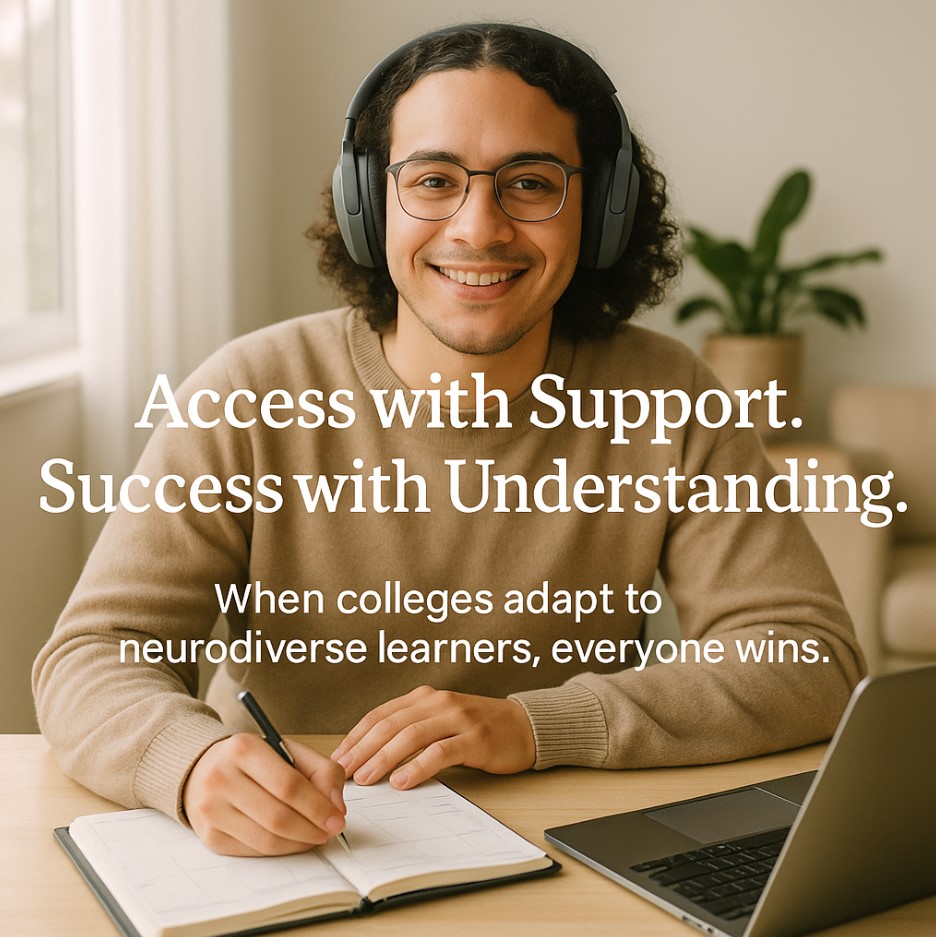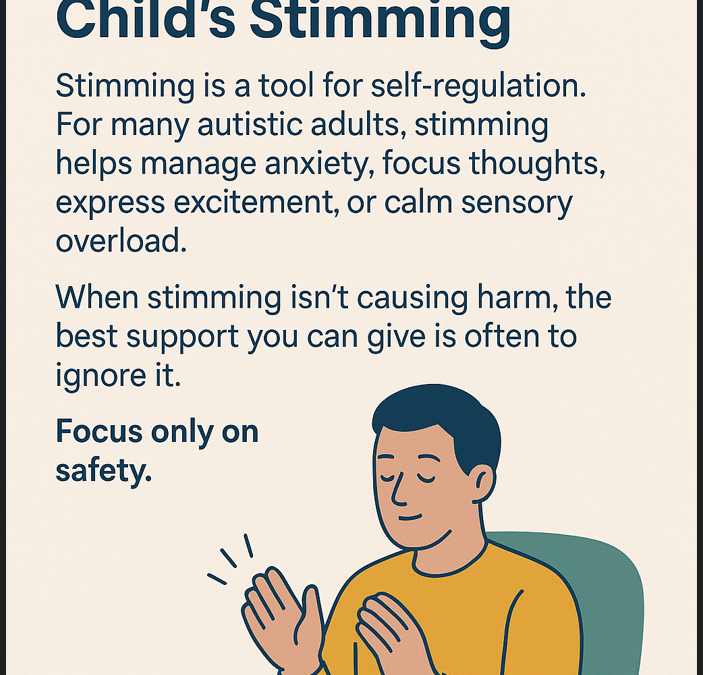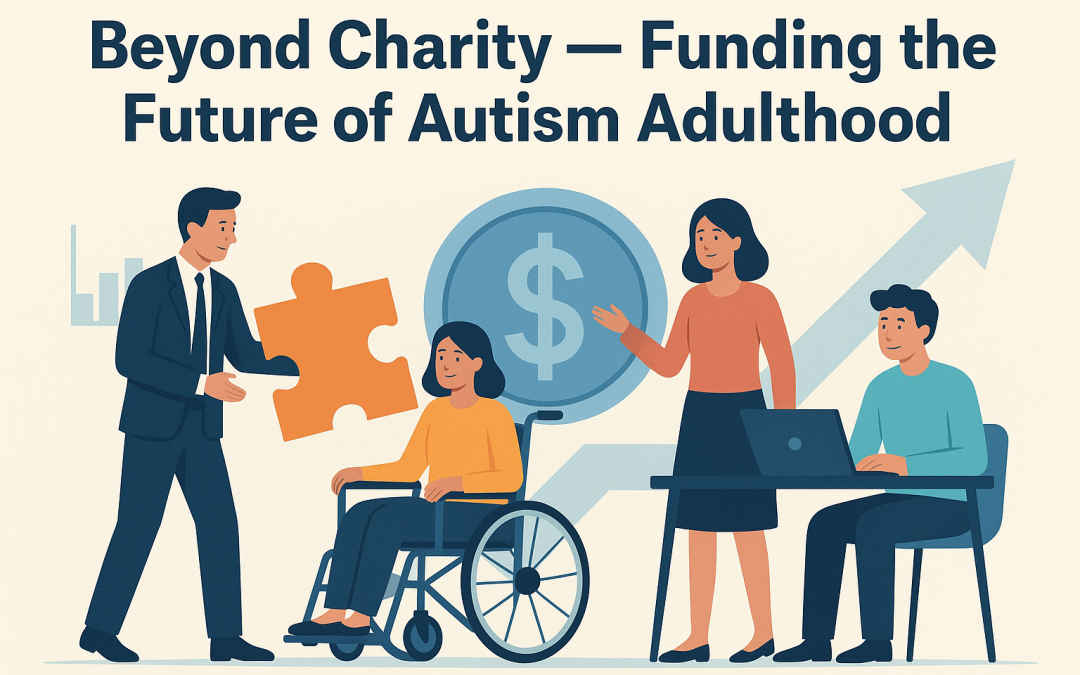For many adults on the autism spectrum, higher education represents both opportunity and challenge. College can open doors to fulfilling careers and lifelong learning, but traditional systems are rarely designed with neurodiverse students in mind. The result? Even highly capable autistic adults often face steep barriers to access and success.
The Hurdles:
Many struggle to navigate complex admissions processes, advocate for accommodations, or adjust to unstructured learning environments. Social demands like group work, noisy classrooms, and unclear expectations can be overwhelming. Executive function challenges may make time management, note-taking, or task prioritization difficult. Without the right support, talented students may drop out or give up before they’ve had the chance to shine.
The Path Forward:
The key is access with support. Some colleges and community programs recognize the strengths of autistic learners, such as focus, honesty, memory, and visual thinking. These are the ones that understand the importance of flexible online coursework, sensory-friendly spaces, structured mentoring, and clear communication.
Partnerships between colleges and autism-focused organizations, are helping bridge this gap. These collaborations provide academic coaching, executive function training, and social support so adults on the spectrum can not only enroll—but thrive.
Redefining Success:
For autistic adults, success in higher education isn’t just about grades or degrees. It’s about confidence, independence, and the ability to turn learning into meaningful work. When institutions presume competence and adapt to neurodiverse needs, education becomes truly inclusive, and everyone benefits.




